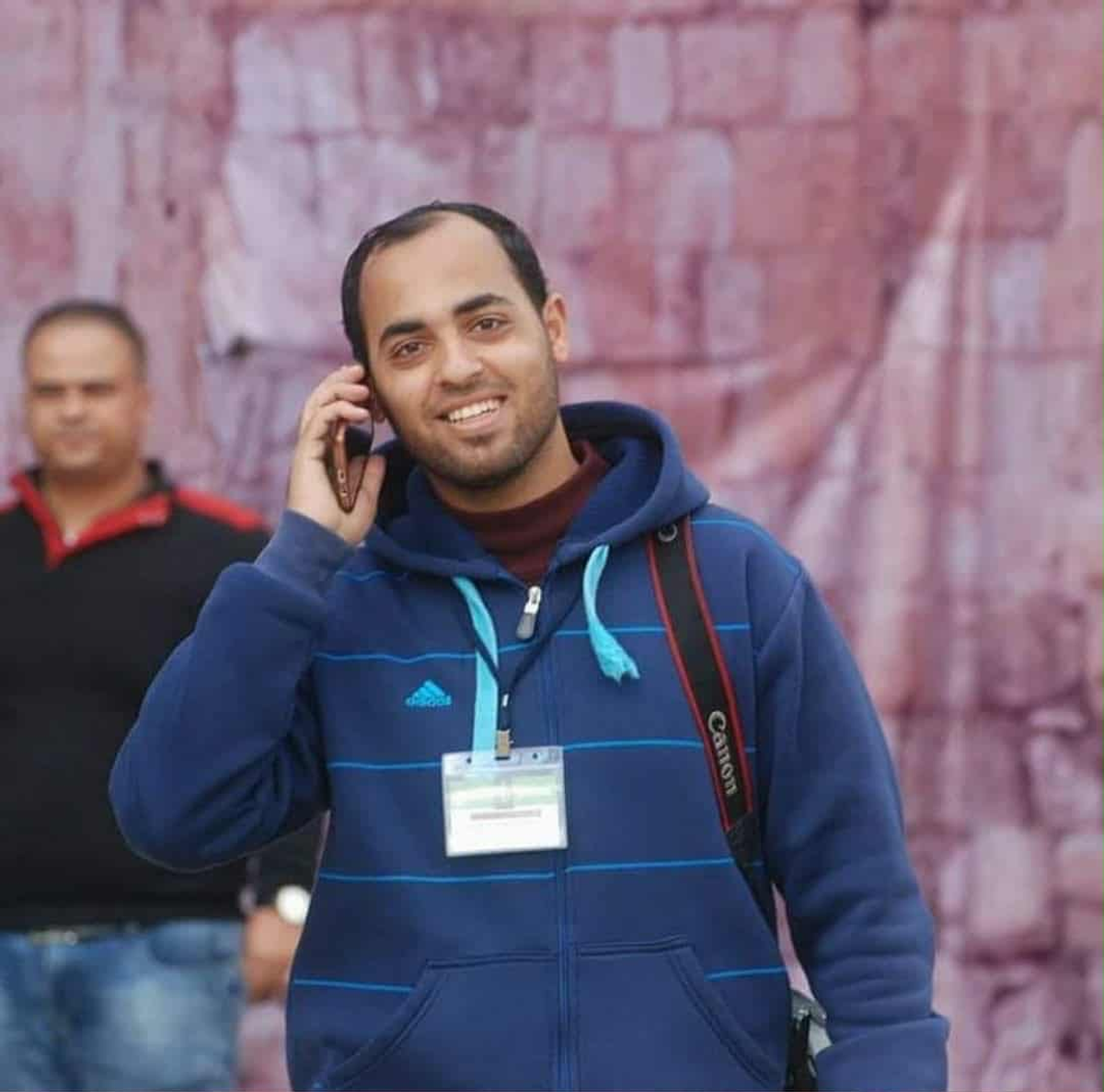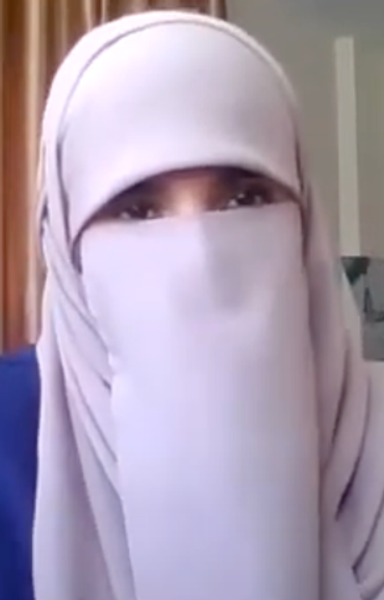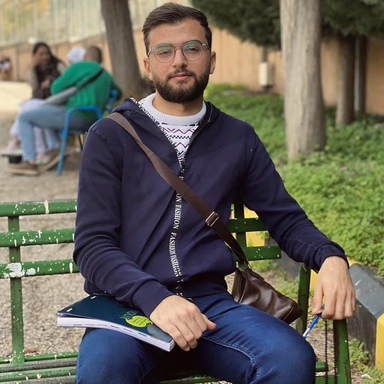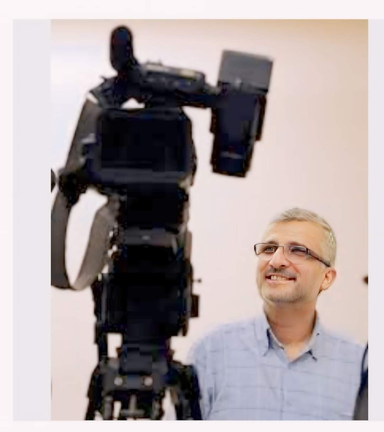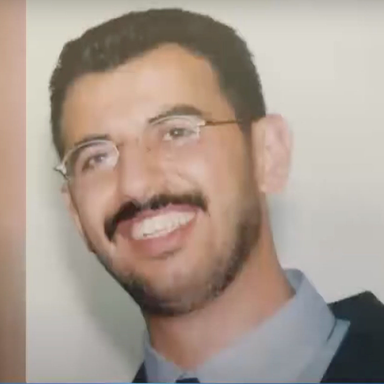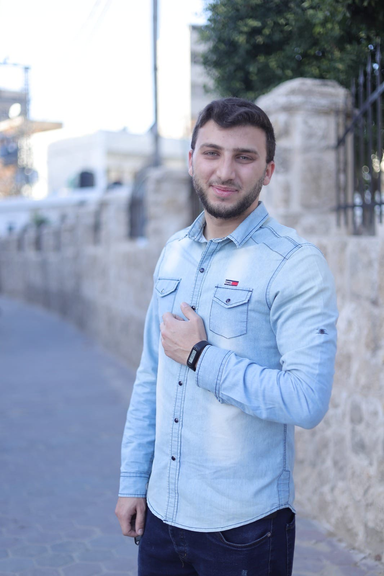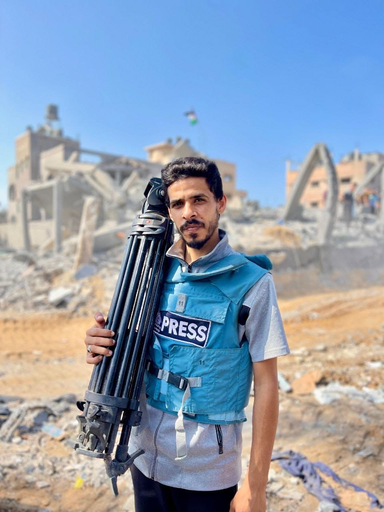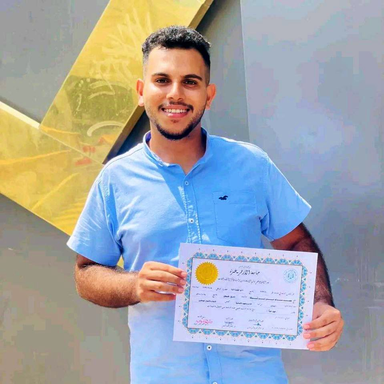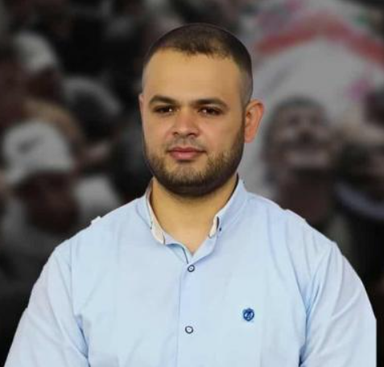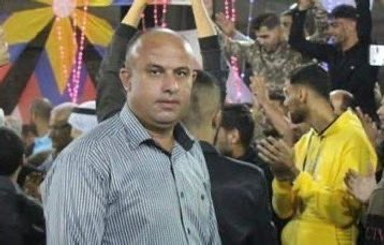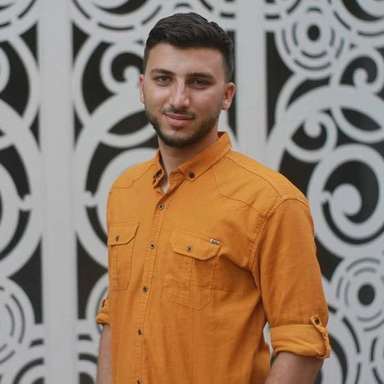Israel has killed over 300 journalists across Palestine, Lebanon, Yemen, Iran and Syria. And over the years, Israel has killed and arrested more than 30 Palestinian journalists throughout the years in the month of September. We take a moment to reflect on a few of the Palestinian martyrs who gave their lives reporting on the injustices of zionism.
For example, Wafa Al-Udaini, 39, a voice for Palestine who wrote for The Guardian and founded a media group mentoring young journalists. An Israeli airstrike on her Deir Al-Balah home killed her alongside her husband Munir and two children—Tamim and Balsam—on September 29, 2024. Her son Malek survived, wounded.
Just one week before her death, Wafa wrote: "There is no such thing as protective attire for journalists in Gaza." Her last WhatsApp message read: "I am fine, patient and steadfast."
And there was Osama Balousha, 30, photographer with Siraj Media Network, was killed when Israeli warplanes bombed his family home in Gaza City's Sheikh Radwan neighborhood on September 7, 2025. His parents and three siblings also died in the pre-dawn strike.
Others killed include Ayman Haniyeh, 26, struck by a drone on September 2, 2025, minutes before arriving home for his birthday celebration, and Rasmi Salem, 30, killed the same day immediately after finishing a report.
Each name represents not just a silenced voice, but entire families destroyed. These weren't just journalists—they were parents, children, mentors, and witnesses documenting their own genocide.
